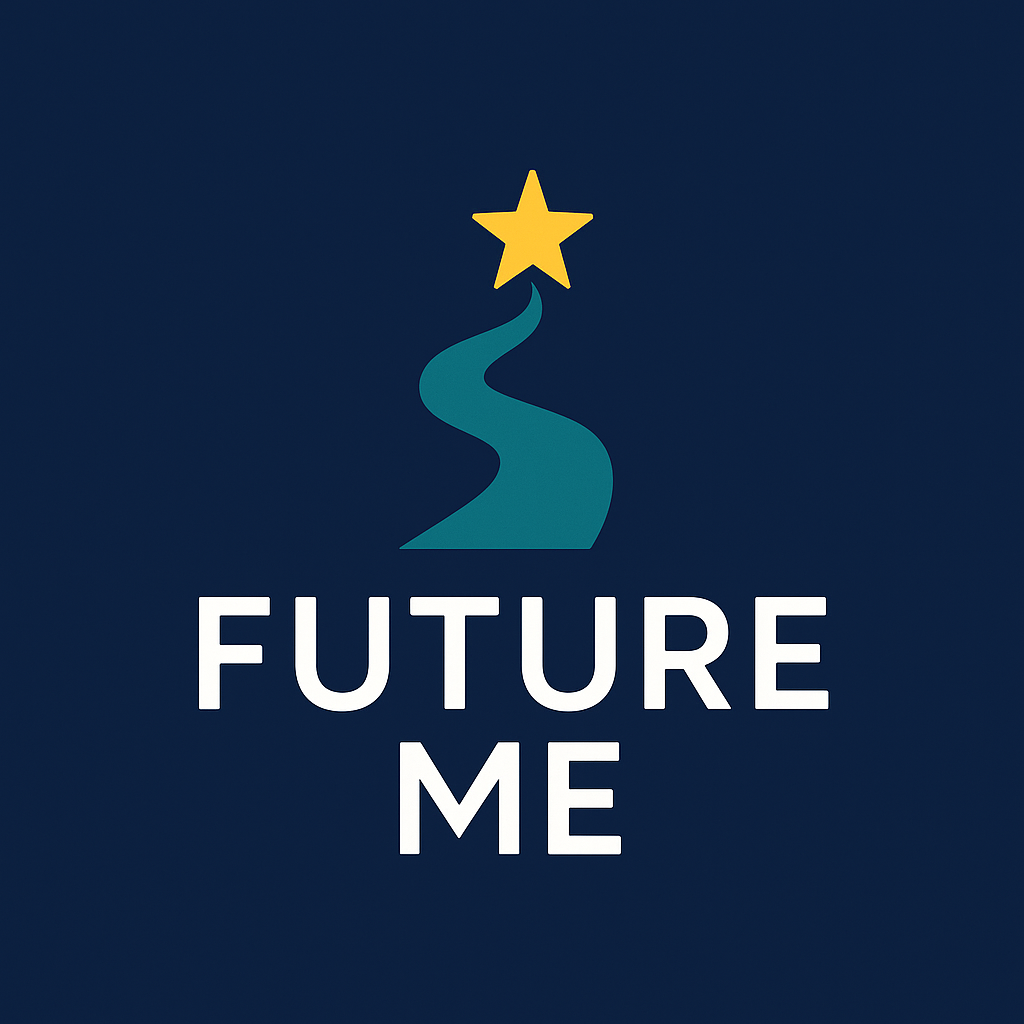Why Now?
The Child Wellbeing Crisis: A Call to Action
Children today are growing up in an unpredictable and pressured world. Many struggle with low self-worth, rising anxiety, and a lack of hope for their future.
The recent UNICEF report confirms what we see daily in our schools:
• The UK ranks near the bottom of international tables for child happiness and wellbeing.
• Too many children feel disconnected from their future, lack a sense of purpose, and struggle with motivation and life satisfaction.
The Future Me programme offers a hopeful, research-informed response to these challenges. Rooted in Future-Self Identity Theory, it helps children develop a strong sense of identity, belonging, and hope for the future through a structured curriculum and consistent language.
By nurturing emotional engagement and helping pupils vividly imagine meaningful, attainable futures, Future Me empowers children to make positive choices today.
The Case for Change in Schools
Despite the best intentions of schools, many pupils still struggle with:
• Low aspiration and fragile self-concept
• A lack of connection between learning and life outcomes
• Poor resilience in the face of setbacks
• A weakened sense of identity, purpose, and belonging
These are not just pastoral issues — they are identity issues.
Future Me addresses this challenge head-on by translating research on identity-based motivation into a structured, whole-school approach.
Research by Daphna Oyserman, Mesmin Destin, and David Yeager shows that when pupils:
• Vividly imagine meaningful future selves
• Emotionally value those identities
• And connect current effort to future goals
…they show stronger engagement, resilience, and personal growth — academically, socially, and spiritually.
Yet, primary schools have lacked a coherent, age-appropriate framework for developing these future identities. Until now.
What Makes Future Me Different?
Future Me is not a one-off workshop or PSHE bolt-on. It is structured identity work — embedded in daily school life — that:
• Shapes how pupils think about their future selves
• Strengthens their motivation, decision-making, and self-regulation
• Connects classroom learning to personal meaning and future possibilities
Delivered through a whole-school model, it reaches every pupil — every day — in ways that
are practical, inclusive, and transformative.
Core Belief
When children can see, believe in, and value their future selves, they are more likely to
become them. One choice, one moment, one dream at a time.

